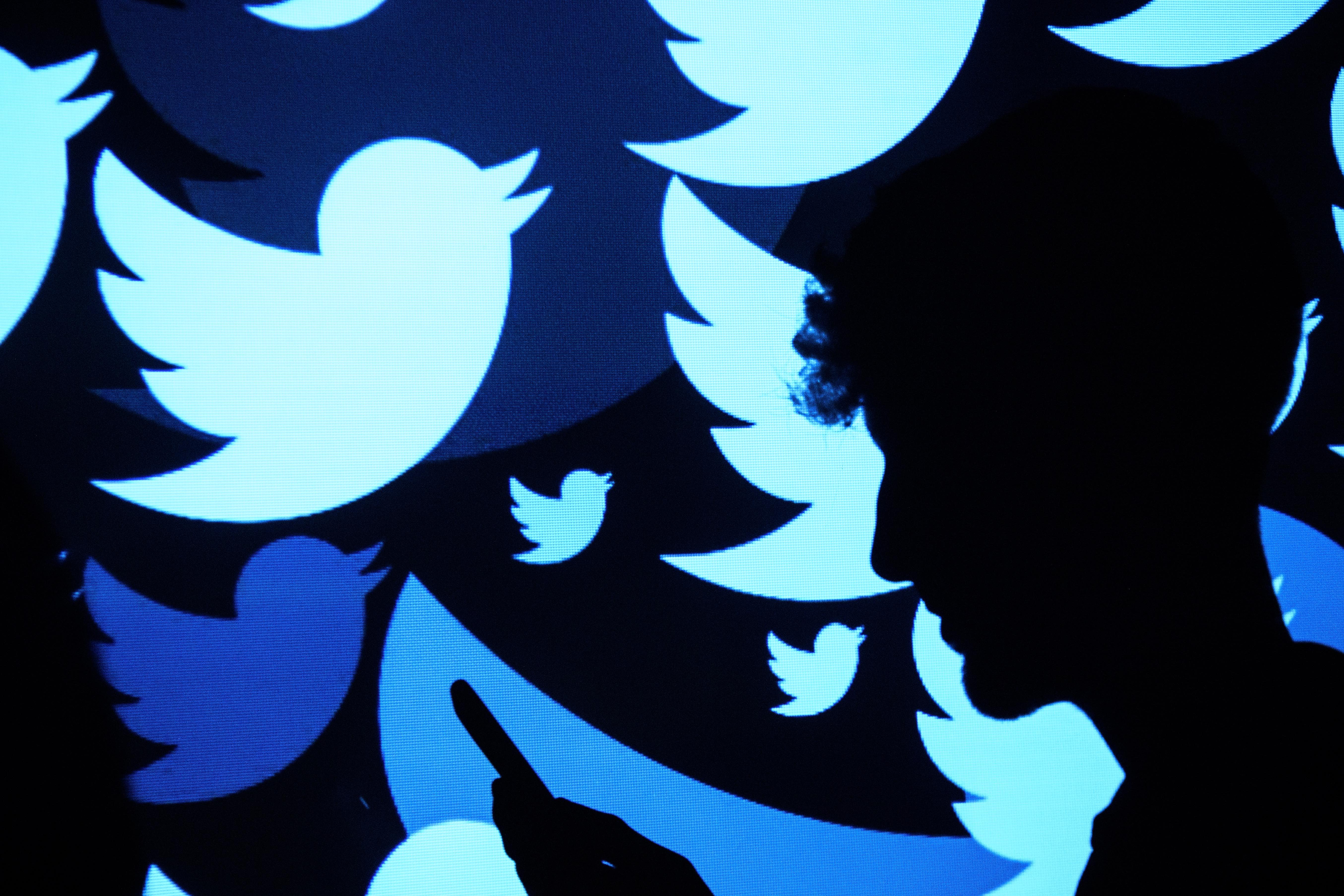Why Twitter is backtracking on its inactive account purge
Social media giant had planned to begin the cull in the coming weeks

A free daily email with the biggest news stories of the day – and the best features from TheWeek.com
You are now subscribed
Your newsletter sign-up was successful
Twitter has temporarily stopped its purge of inactive accounts following an outcry from its users.
The company began warning users on Monday that it would be deleting accounts belonging to people who had not logged in for at least six months unless they signed in and agreed to its new privacy policy, the BBC reports.
However, users and critics pointed out that the purge could result in the removal of accounts belonging to people who had died, the broadcaster adds.
The Week
Escape your echo chamber. Get the facts behind the news, plus analysis from multiple perspectives.

Sign up for The Week's Free Newsletters
From our morning news briefing to a weekly Good News Newsletter, get the best of The Week delivered directly to your inbox.
From our morning news briefing to a weekly Good News Newsletter, get the best of The Week delivered directly to your inbox.
In a series of tweets, the social network revealed that it would be suspending the deletions until it established a way to memorialise the accounts of dead users.
“We’ve heard you on the impact that this would have on the accounts of the deceased. This was a miss on our part,” a Twitter spokesperson said. “We will not be removing any inactive accounts until we create a new way for people to memorialise accounts.”
Why was Twitter purging accounts in the first place?
On the surface, it seems odd that a social media platform would remove the accounts of inactive users at relatively short notice. While it’s common for services to block user access until they’ve agreed to a new privacy policy, account deletion is somewhat unorthodox.
A free daily email with the biggest news stories of the day – and the best features from TheWeek.com
However, Twitter says that it had been forced into the move to comply with the European Union’s GDPR (General Data Protection Regulation) laws that came into effect in May 2018, hence the degree of urgency.
While it initially planned to remove the inactive accounts of people within the EU, it intended to expand the purge across the whole platform at a later date.
It’s also believed that the cull was to “crack down on bad actors and bots circulating misinformation”, according to PC Magazine.
But the move drew criticism from people whose dead relatives had an account, as they serve as “a valuable way of keeping their memory alive”, The Independent reports. If the cull had gone ahead as planned, these accounts may have vanished from December.
What do social media services do with deceased user accounts?
Twitter currently doesn’t offer a service that allows relatives of deceased users to manage their account, The Guardian notes, though the company is in the process of devising a system in the wake of this week’s user backlash.
Facebook, however, allows users to “memorialise” the account of a dead relative, which converts the person’s profile into a memorial page, says CNet. This option means the account won’t appear in Facebook ads, the “people you may know” section or send out reminders about their birthday.
Another option is for someone to allocate a relative as a “legacy contact” before their passing, the tech site adds. While a legacy contact cannot access a person’s messages or posts, they can respond to friend requests and update the profile picture and cover photo.
-
 The environmental cost of GLP-1s
The environmental cost of GLP-1sThe explainer Producing the drugs is a dirty process
-
 Greenland’s capital becomes ground zero for the country’s diplomatic straits
Greenland’s capital becomes ground zero for the country’s diplomatic straitsIN THE SPOTLIGHT A flurry of new consular activity in Nuuk shows how important Greenland has become to Europeans’ anxiety about American imperialism
-
 ‘This is something that happens all too often’
‘This is something that happens all too often’Instant Opinion Opinion, comment and editorials of the day
-
 Are Big Tech firms the new tobacco companies?
Are Big Tech firms the new tobacco companies?Today’s Big Question A trial will determine whether Meta and YouTube designed addictive products
-
 Is social media over?
Is social media over?Today’s Big Question We may look back on 2025 as the moment social media jumped the shark
-
 Australia’s teen social media ban takes effect
Australia’s teen social media ban takes effectSpeed Read Kids under age 16 are now barred from platforms including YouTube, TikTok, Instagram, Facebook, Snapchat and Reddit
-
 X update unveils foreign MAGA boosters
X update unveils foreign MAGA boostersSpeed Read The accounts were located in Russia and Nigeria, among other countries
-
 Trump allies reportedly poised to buy TikTok
Trump allies reportedly poised to buy TikTokSpeed Read Under the deal, U.S. companies would own about 80% of the company
-
 What an all-bot social network tells us about social media
What an all-bot social network tells us about social mediaUnder The Radar The experiment's findings 'didn't speak well of us'
-
 Broken brains: The social price of digital life
Broken brains: The social price of digital lifeFeature A new study shows that smartphones and streaming services may be fueling a sharp decline in responsibility and reliability in adults
-
 Supreme Court allows social media age check law
Supreme Court allows social media age check lawSpeed Read The court refused to intervene in a decision that affirmed a Mississippi law requiring social media users to verify their ages